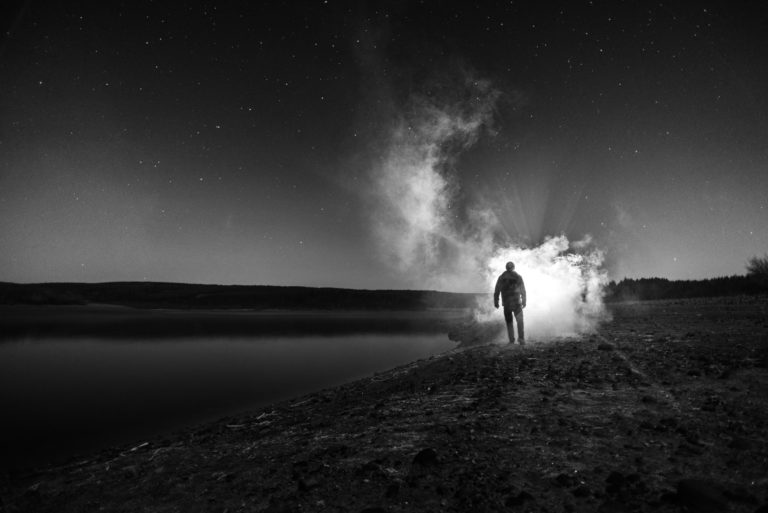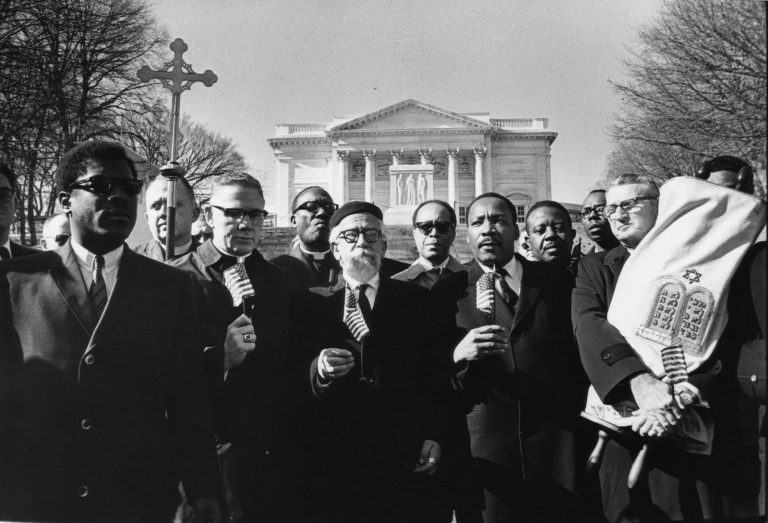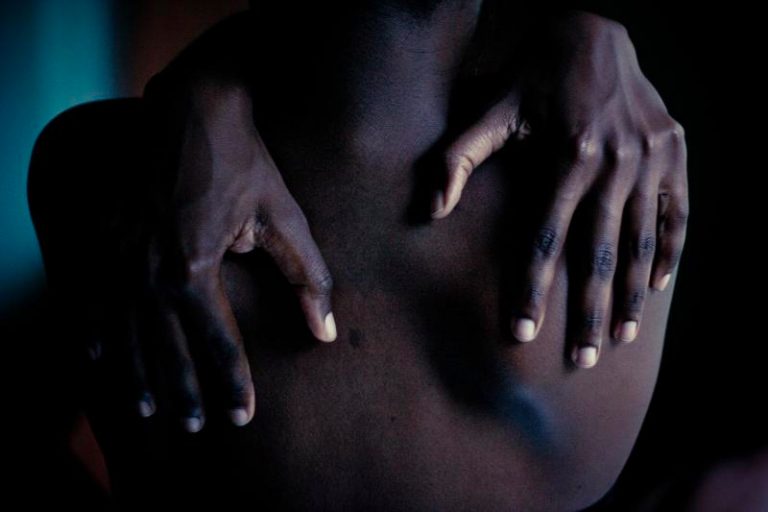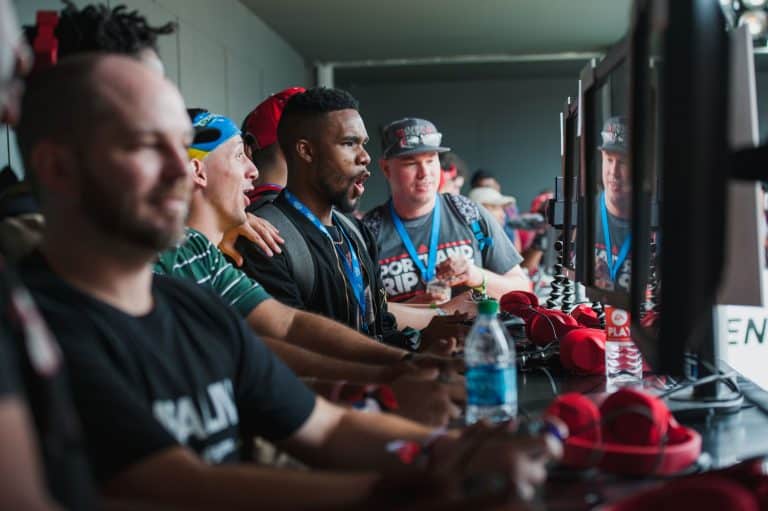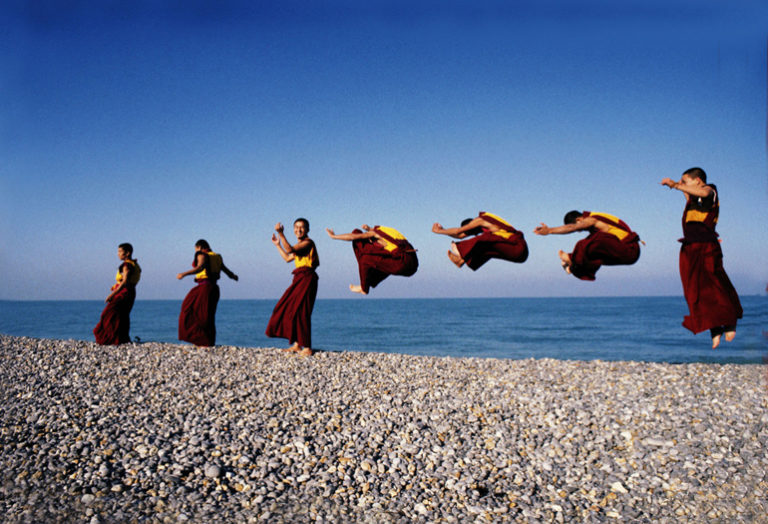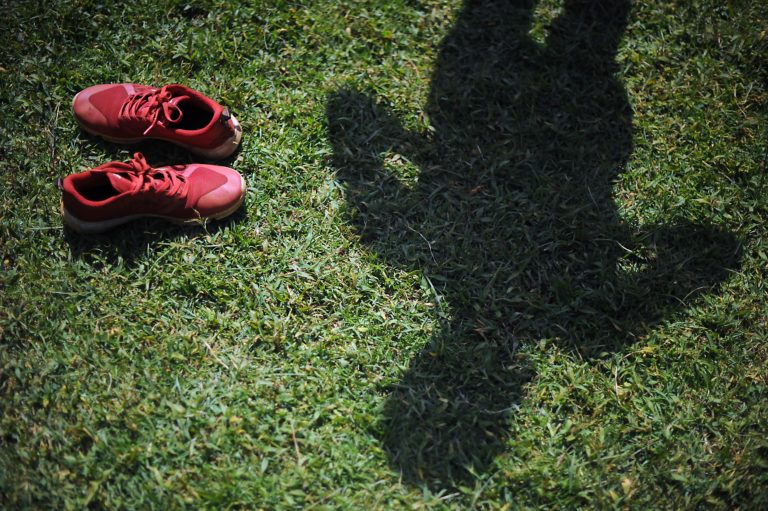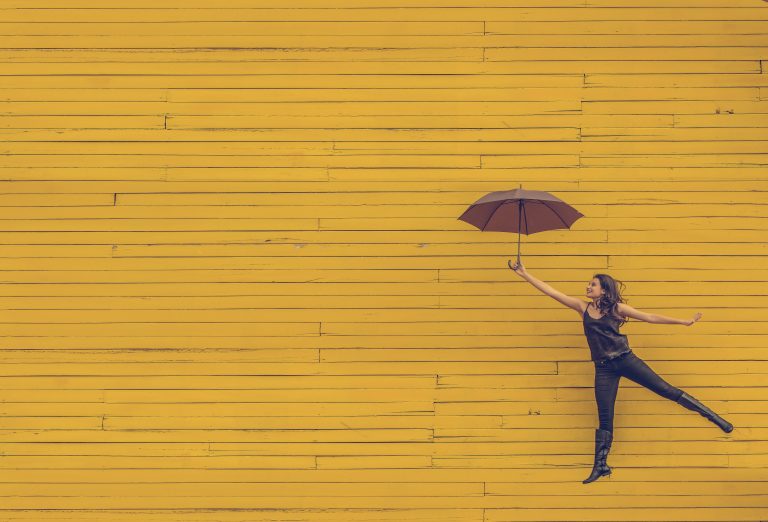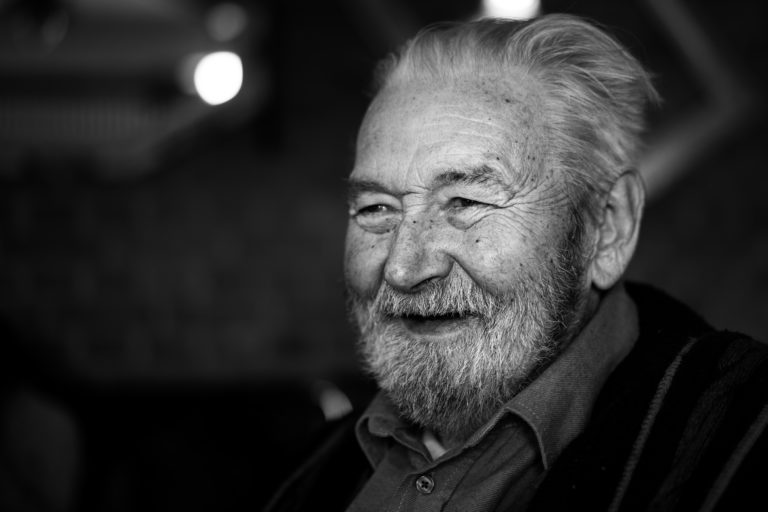September 28, 2017
Lisa Randall
Dark Matter, Dinosaurs, and Extra Dimensions
“When it comes to the world around us,” Lisa Randall has written, “is there any choice but to explore?” As one of the most influential theoretical physicists working today, she’s interested in the interconnectedness between fields that have previously operated more autonomously: astronomy, biology, and paleontology. She’s pursuing a theory that “dark matter” might have created the cosmic event that led to the extinction of the dinosaurs — and hence humanity’s rise as a species. We learn what she’s discovering, as well as the human questions and takeaways her work throws into relief.


